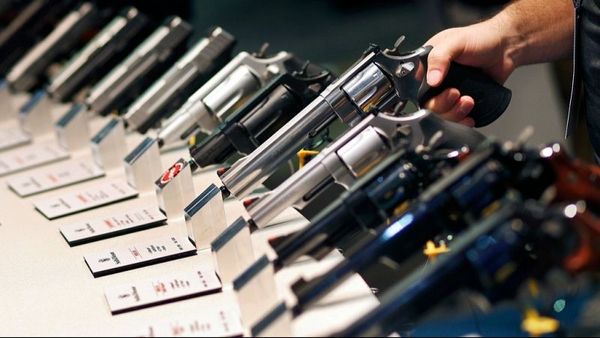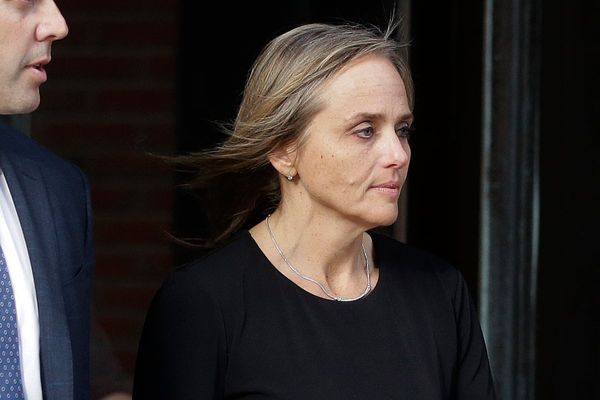
Customers who recently ordered from bedmaker Warren Evans, which went into administration last week, look to have lost their cash after staff confirmed that no more deliveries will take place.
The firm, a long-time favourite with Guardian and Observer readers because of its ethical stance, called in administrators on 6 February after failing to find a new investor.
The collapse leaves a trail of customers who now face applying to their credit card provider for a refund (see box). If they paid by cheque or cash, they appear to have lost their money.
The collapse is also a blow to previous customers who have received their items, but have experienced problems with them. The administrators have confirmed there will be no help for them. Instead they face a battle to persuade their bank to refund them.

Store staff were initially telling customers that all orders would be honoured. But that stance changed on Thursday when the joint administrators Duff & Phelps said that any customer that had a delivery scheduled for 15 February, or later, will not now receive their order.
It declined to say how many buyers have been left in the lurch.
“Any undelivered orders should be considered cancelled by the company. If you have paid (or part-paid) for your order, by credit or debit card (including charge and pre-paid cards), you may be able to get your money back by claiming a refund from your card issuer. Please contact your card issuer as soon as you can if this applies to you,” it said.
Warren Evans was founded in 1978 and had grown substantially in recent years, to the point where it employed 287 staff and operated 14 showrooms across the capital and the south-east. It has emerged that managers had been seeking to bring in a new investor or buyer since last November, but were forced to appoint administrators when that failed. The shops have been closed and staff laid off.

The collapse of the firm once again underscores the importance of using a credit card to pay for items that are set to be delivered at a later date – particularly high-value items such as furniture.
The bedmaker, which has a green manufacturing site in east London and used timber from sustainable forests, was repeatedly named as the Observer ethical retailer of the year, and a Sunday Times best green company. The administrator said trading conditions had been “exceptionally challenging, with the business hit by rising manufacturing costs and the continued squeeze on consumer wallets and confidence”.
Claiming your money back
Consumers paying up front for high-price items such as furniture – or even just putting down a deposit – should use a credit card. Warren Evans won’t be the last firm to go bust – and those who used a credit card to order an item will be refunded if it fails to be delivered because the firm’s ceased trading.
Credit card providers are jointly liable to provide the goods or service, and will have to refund you if the firm goes under. To get this “section 75” protection the item has to have cost a minimum of £100 and a maximum of £30,000 – and you must have used the card to pay the firm directly. You would not get it had you made the payment via a third party such as Paypal.
Debit cards don’t offer this protection, although “chargeback” can let you reverse the payment if a company goes bust. Users have 120 days to file a claim, but it is not legally binding.
Credit card firms often try to wriggle out of section 75 claims – be persistent and prepared to appeal to appeal to the Financial Ombudsman Service if necessary.







